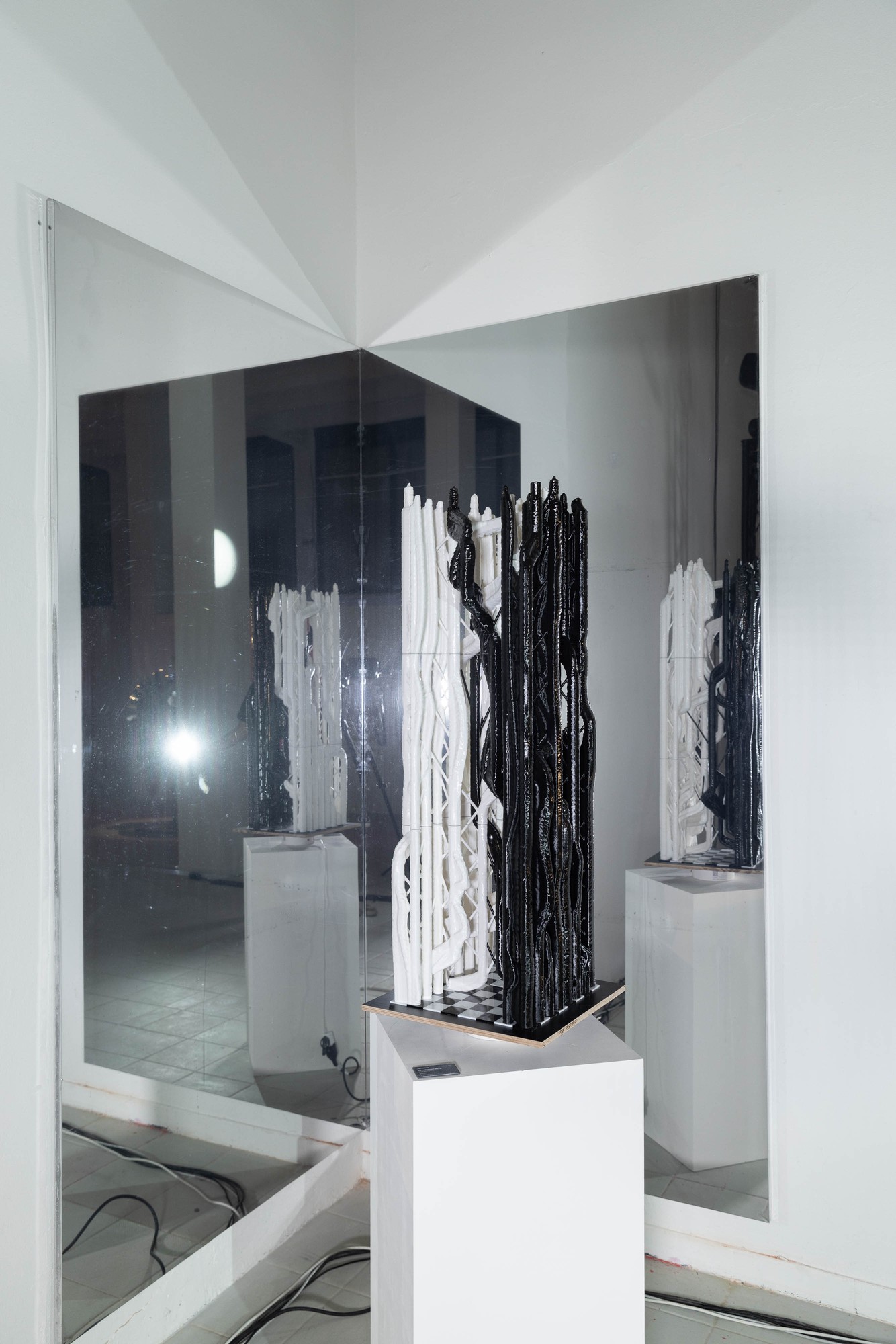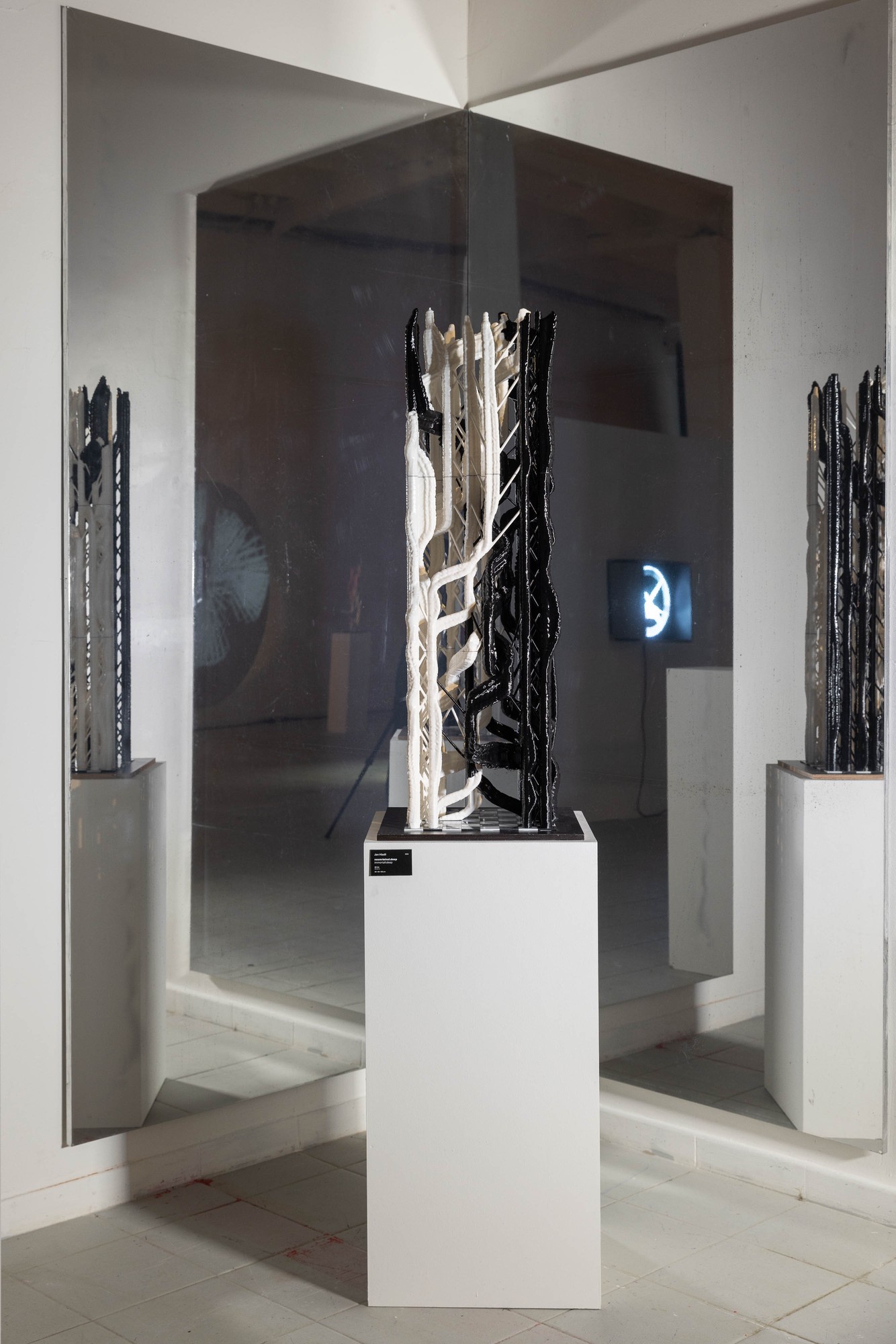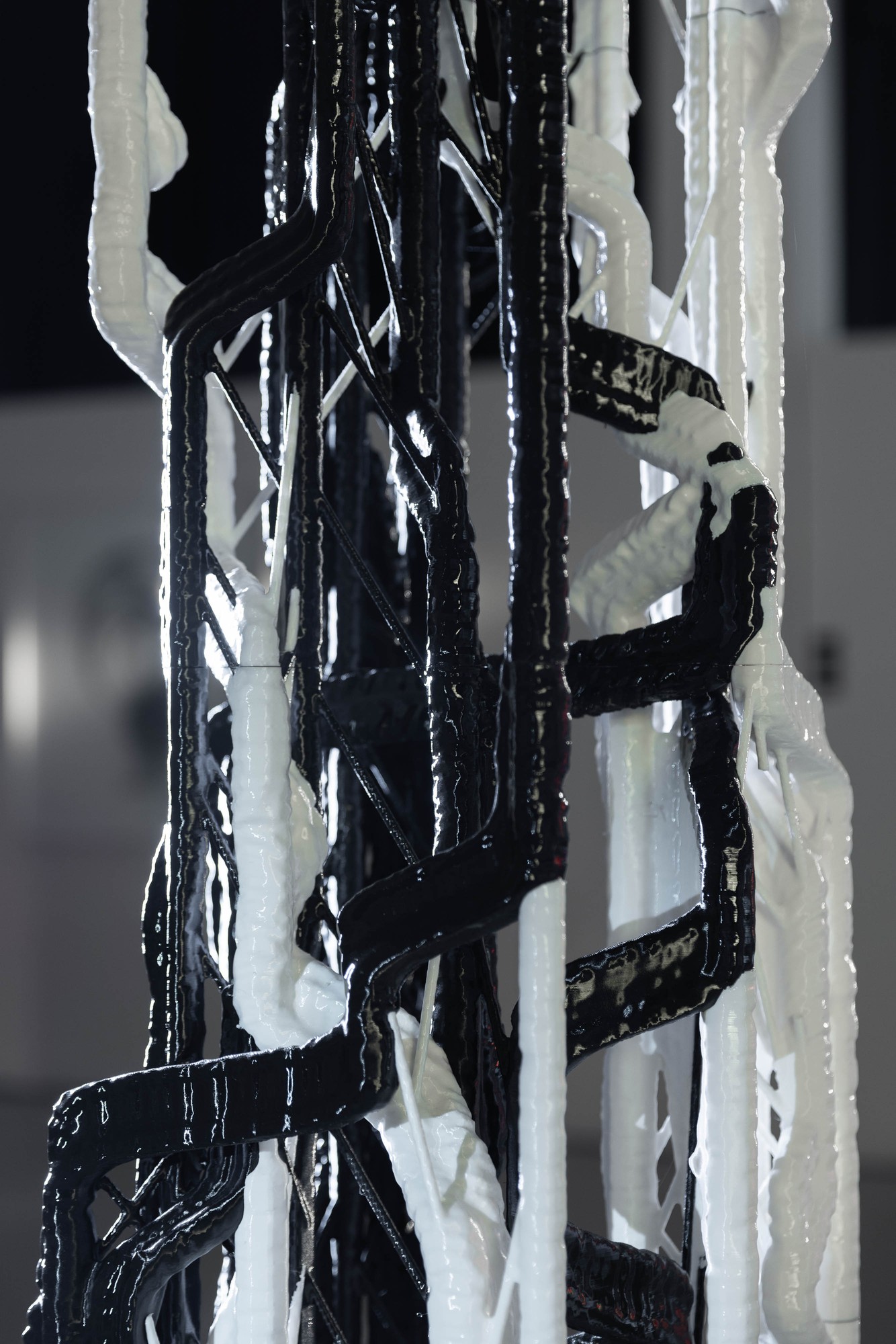CHESS OBJECT
Transforming legendary chess games into sculptural monuments of human thought.
About the Artist
Jan Hladil (*1985) studied graphic design at the Higher Vocational School of Graphics in Prague's Hellichova Street and at the Academy of Arts, Architecture and Design in Prague (Supermedia studio under the direction of Federico Díaz and David Kořinek). He works as a VJ, projection technician and video operator with extensive experience in the field of audiovisual installations and scenography. His artistic activity includes large-format projections, laser work or video mapping and its symbiotic connection with the musical component. The main means of expression of his work consists of artificial light and digital technologies, whose visual qualities lie at the core of Hladil's interest.

Chess Object Concept
The Chess Object represents the transformation of a specific chess game from the abstract realm of thought, strategy, and intuition into the tangible world. Each move acquires a physical form – becoming a trajectory, a trace of a decision that shaped the whole at a given moment. The record of the game, originally an invisible sequence of logical and emotional impulses, turns into a spatial structure — a relief of human reasoning. This process is a tribute to human intellect — the ability to foresee, create, combine, and err. A chess game is a condensed metaphor of human existence: a test of intuition and rationality, a tension between choice and necessity. When this immaterial mental landscape is transposed into sculpture, a new kind of monument arises — a monument to thought itself, preserving the gesture of intellect within matter.
WORKS
Evergreen Game
Nevadnoucí partie
The Evergreen Game is a famous chess game won by Adolf Anderssen against Jean Dufresne in 1852. This was probably an informal game. At the time, there was no formal title of 'World Champion', but the German mathematics professor Anderssen was widely considered the best player in the world after winning the first major international chess tournament in London in 1851. Though not in the same class as Anderssen, Dufresne, a popular author of chess books, was also a strong player.
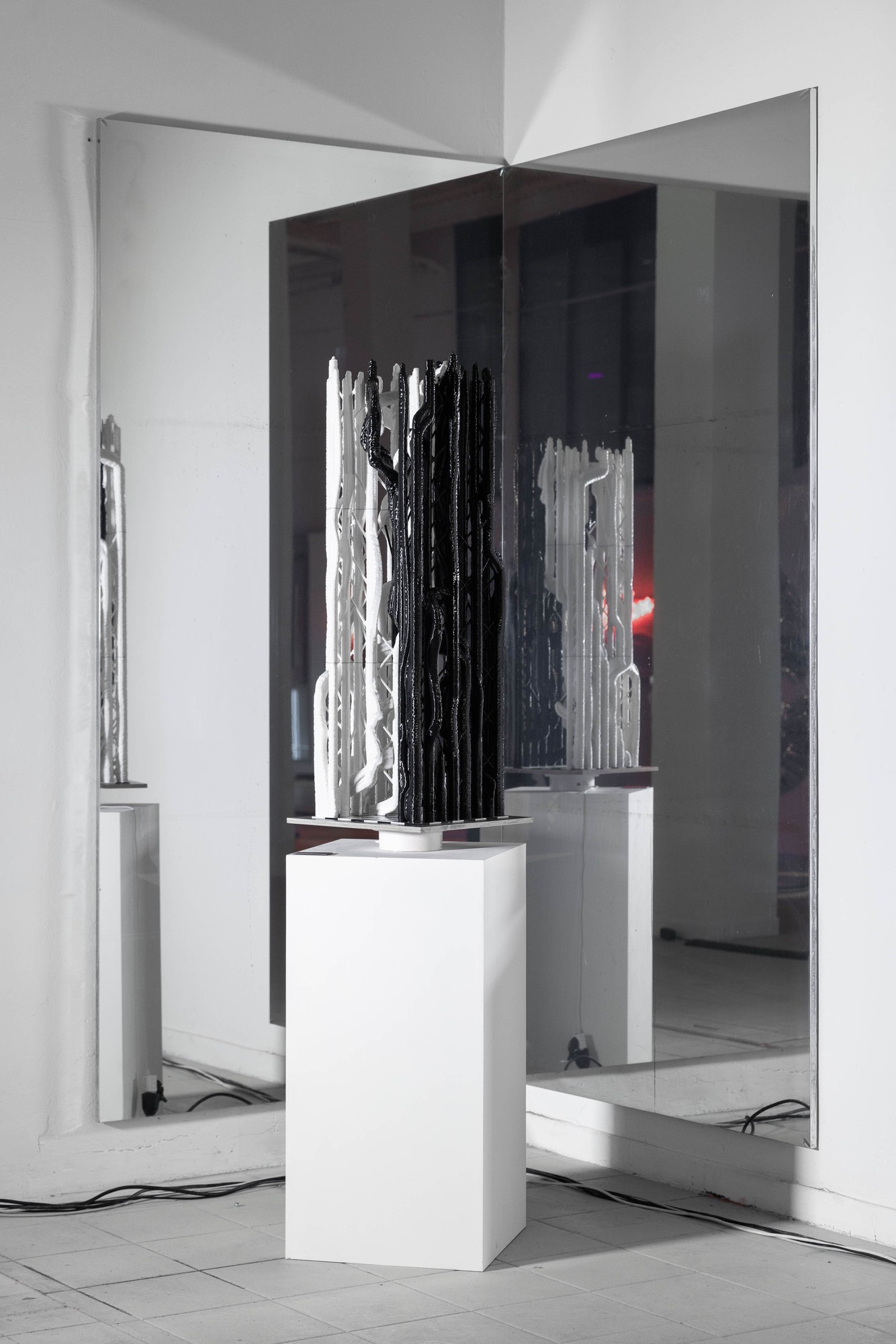
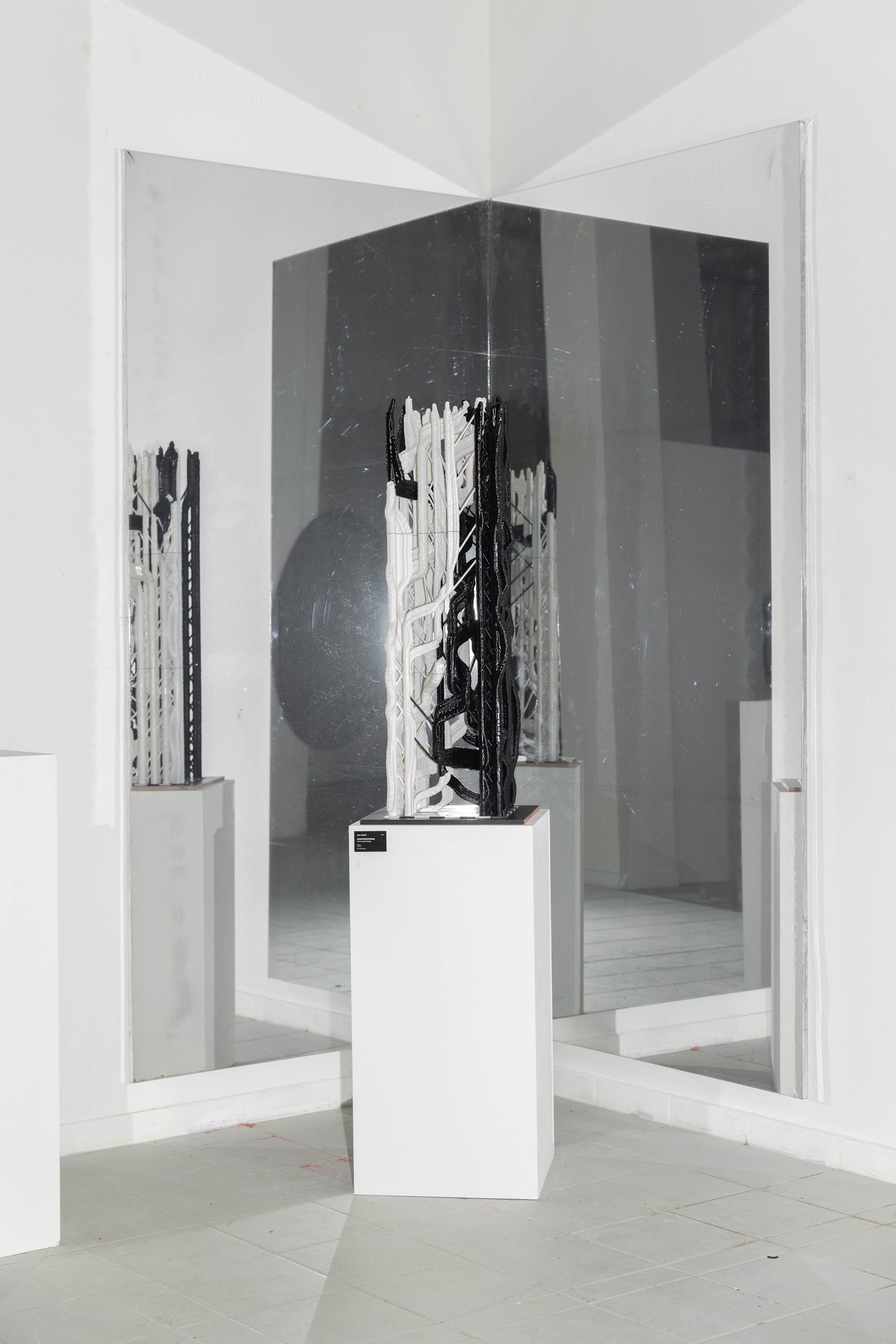
Immortal Game
Nesmrtelná partie
The Immortal Game was a chess game played in 1851 between Adolf Anderssen and Lionel Kieseritzky. It was an informal game, but during that time an important tournament was taking place in London, in which both Anderssen and Kieseritzky participated. It was itself a casual game, with Anderssen sacrificing almost all of his major pieces while developing a thrilling attack and finishing with remaining minor pieces.
Game of the Century
Partie století
The Game of the Century is a chess game that was won by the 13-year-old future world champion Bobby Fischer against Donald Byrne in the Rosenwald Memorial Tournament at the Marshall Chess Club in New York City on October 17, 1956. In Chess Review, Hans Kmoch dubbed it 'The Game of the Century' and wrote: 'The following game, a stunning masterpiece of combination play performed by a boy of 13 against a formidable opponent, matches the finest on record in the history of chess prodigies.'
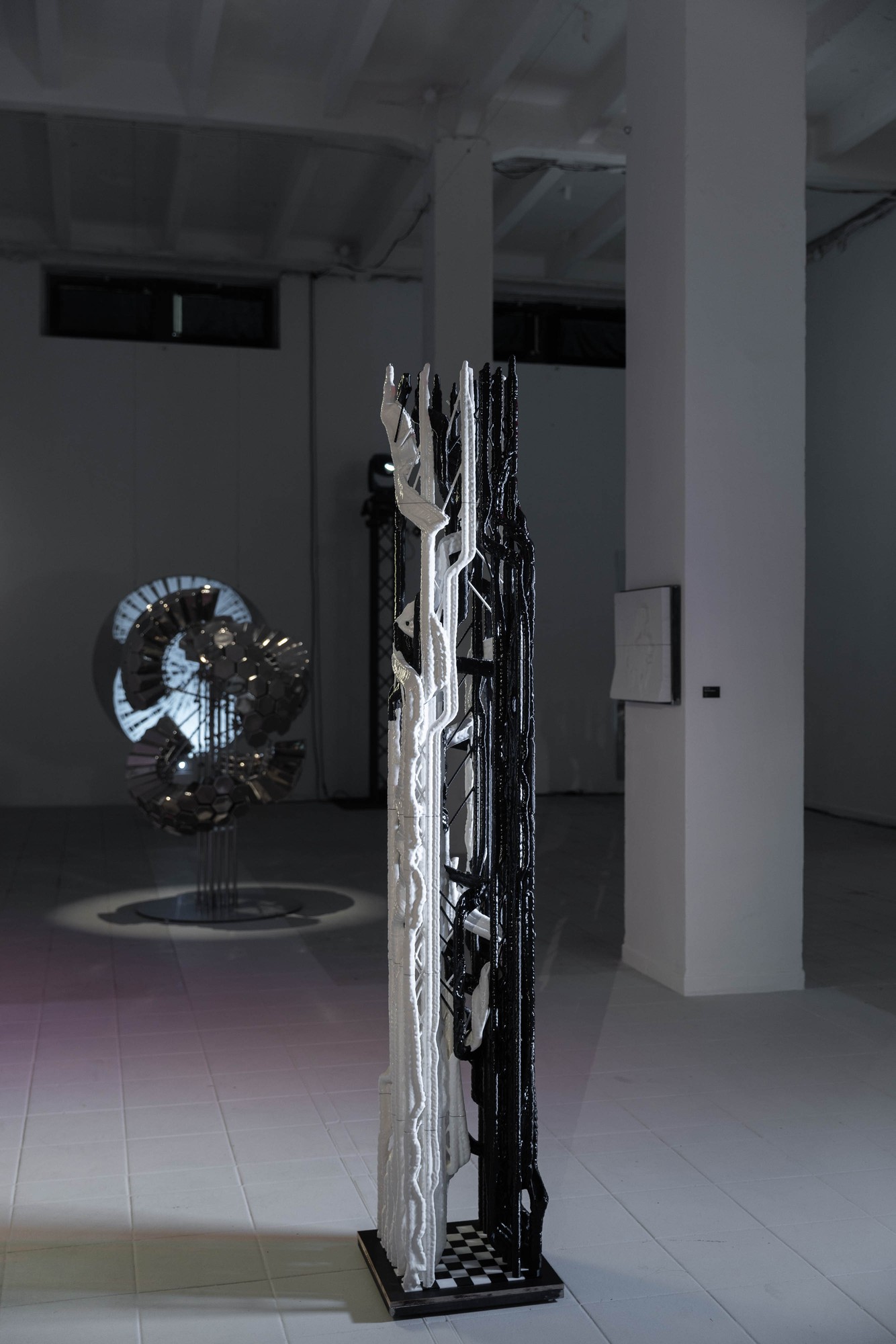
GALLERY

